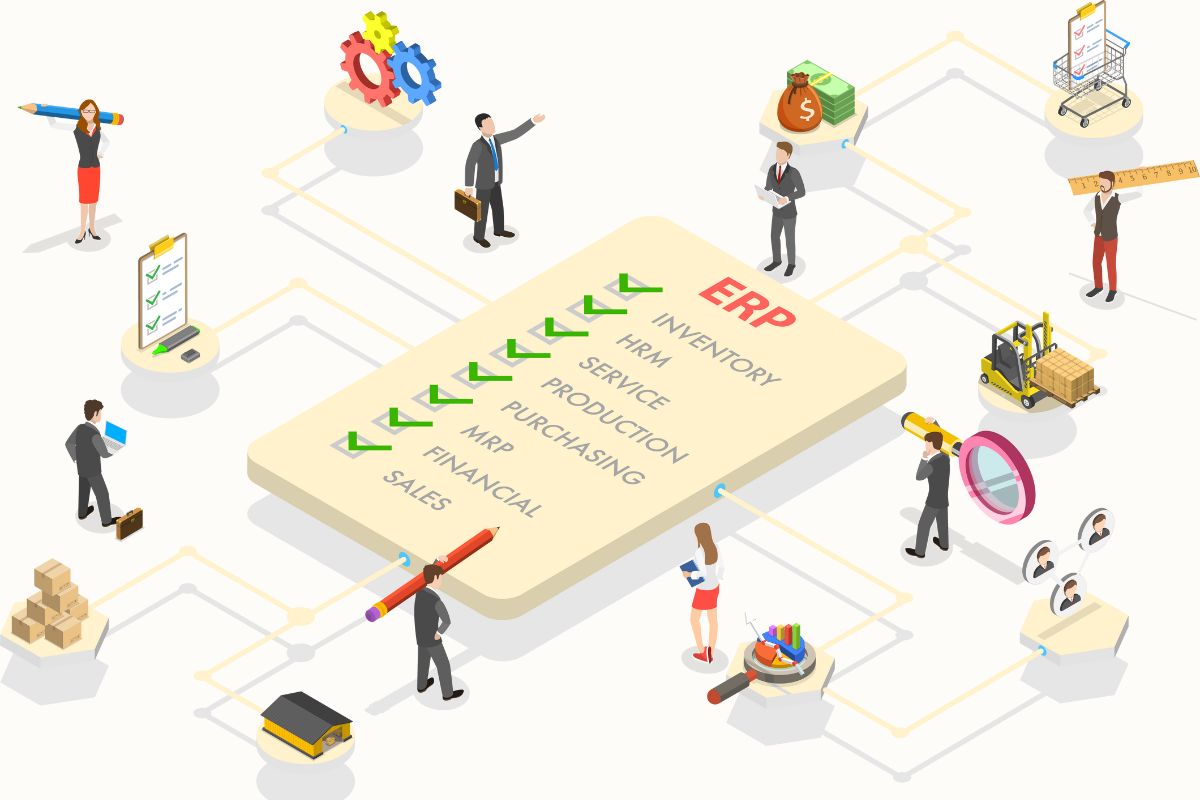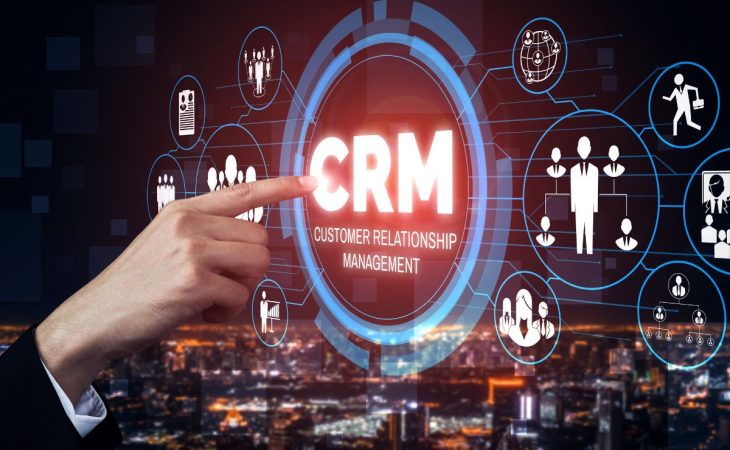Recent research indicates that nearly half of charities are actively reviewing their Customer Relationship Management (CRM) systems, with many considering making significant changes.
This insight, derived from a collaborative survey by Fundraising Magazine and Charity Finance, involved over 500 charity subscribers and contacts.
Approximately 45% of respondents are contemplating updates to their CRM systems within the next year, highlighting a significant shift towards optimizing organizational effectiveness.
Contents
Why Do Charities Use CRM Systems?
Charities have historically depended on CRM systems to manage donor interactions, streamline operations, and enhance fundraising efforts.

However, the data suggests that many of these systems are outdated, with many charities using the same CRM for over five years.
This stagnation can hinder a charity’s ability to manage relationships and maximise fundraising opportunities effectively.
Experts in the field, such as Stephen Gott from Access’s not-for-profit division and Keith Collins of Adapta, emphasise the critical role of advanced CRM systems in facilitating the growing demands on charities.
Modern CRM solutions offer powerful tools for data management, donor tracking, communication automation, and financial processing.
These capabilities are essential for charities looking to increase their impact and efficiency.
Before the advent of CRM systems, charities and other organisations would have used spreadsheets, rolodexes, index card systems, and the Microsoft suite of applications to keep track of their customers, sales, and inventory.
Why Are Charities Changing Their CRM Systems?
The survey revealed that 68 charities had switched their CRM systems in the previous year.
Those who transitioned generally reported satisfaction with their new setups, noting functionality and user experience improvements.
However, they also faced challenges, particularly with the initial integration and adoption phases.
Transitioning to a new CRM system can be daunting, often involving substantial disruptions to daily operations.
While the decision to switch CRM systems is not without its challenges, it can also bring significant benefits.
The process requires a substantial investment of time and resources, and a successful transition necessitates a strong commitment to change and a willingness to navigate the complexities of new technology.
However, the potential long-term benefits of a new CRM, such as increased efficiency and improved donor management, may outweigh the short-term challenges of system migration.
Consulting Services Can Help Charities Learn New CRM Systems
For charities pondering a CRM upgrade, seeking guidance from experts who specialise in nonprofit technology is crucial.
Many organizations offer consultations and salesforce consulting services to provide invaluable support during this critical period.
These professionals offer insights into selecting the right CRM system that aligns with an organization’s specific needs and goals.
They also assist with the implementation process, ensuring a smooth transition and minimizing disruption to ongoing operations.
Do All Charitable Organizations Need CRM systems?
While charities can succeed without a CRM system, having one can significantly enhance their chances of success, especially as they grow and scale.

A CRM system provides numerous benefits that align with key business goals such as improved customer relationships, increased sales, and more efficient operations.
Customer Relationships
CRM systems help companies maintain detailed records of customer interactions, preferences, and history.
This enables more personalized service and improves customer satisfaction and retention, which are crucial for long-term success.
Sales Efficiency
CRM tools streamline the sales process by tracking leads, organising customer information, and automating tasks like follow-up emails and appointment scheduling. This can lead to shorter sales cycles and higher conversion rates.
Data-Driven Decisions
With a CRM, charities can analyse vast amounts of customer data to identify trends, forecast sales, and tailor marketing strategies.
This data-driven approach can significantly enhance decision-making and strategic planning.
Operational Efficiency
CRMs automate various administrative tasks, reducing manual labour and minimising errors. This can free up employee time to focus on more strategic activities that contribute directly to business growth.
While not mandatory, a CRM system acts as a lever for scaling operations and improving effectiveness in customer engagement and retention.
For small charities, the investment in a CRM might seem substantial, but the long-term benefits often outweigh the costs, particularly as the business grows and the complexity of managing customer relationships increases.
The cost of a CRM system can vary widely based on several factors including the complexity of the system, the number of users, the level of customization required, and the provider.
A charitable organization can expect to pay a few hundred to a few thousand pounds per year on a system and subscription.
As charities work to adapt to an increasingly complex and demanding operational environment, the review and potential upgrade of CRM systems appear to be a growing trend.
With nearly half of charities considering changes to their CRM setups, the sector seems poised for a significant transformation.
This shift underscores the importance of modern technology solutions in enhancing organizational efficiency and effectiveness in serving communities and stakeholders.





